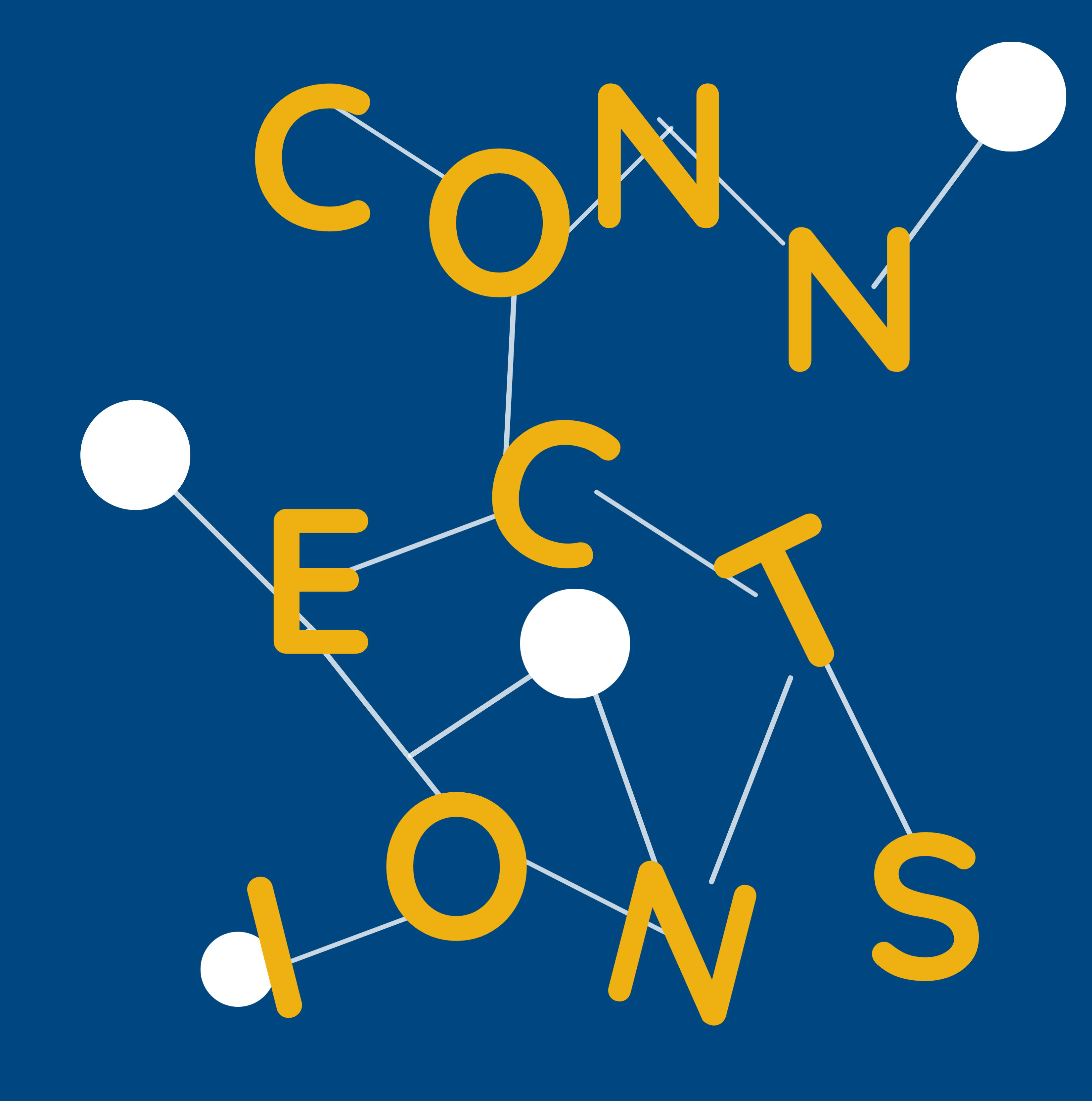
INSIGHT: Contemplating Connections
By Sam Foote, School Counselor
Although it may be unsurprising to most, counselors here at EPS spend a great deal of time contemplating connection. It is integral to our work to understand, and in turn help our students understand, how we connect to our inner selves, to the people around us, and to a much wider world—all of which hold unique complexities. The past few years especially have asked us to both adapt to new ways of connecting while at the same time highlighting barriers to connection that have always been there. For example, some of us learned to trade a warm hug for walks at a distance and although that may be shifting again, we continue to be faced with our own inner anxieties, a reckoning with racial and class inequities, and a future where connection is key to building a better world for all people.
So, how exactly do counselors at EPS help build and foster connection? Like all of us as humans, it is multifaceted and comes with its own unique challenges. One challenge, as many of us can probably understand, is creating spaces where we can be vulnerable with each other. Vulnerability can be one of the scariest places to come from, but luckily also one of the most rewarding. We choose to hold that vulnerability in a variety of ways. For one, we step out from behind our closed doors to help students see us not as an adult who is going to ask them to share their deepest darkest secrets but as an adult who is an active and safe part of this community. In fact, our counselors can be found working alongside students as advisors, running our peer mentor program, facilitating affinity spaces and clubs, delivering SEL content throughout classes, and probably our most well-known role, providing candy to suddenly famished students. But of course, we are also available to support students when they need it and actively try to create an environment where we are meeting students where they are at and providing guidance that validates their experiences, sees them for who they are, and challenges them to explore their feelings, communication styles, and relationships.
And although I, unbiasedly of course, consider our counseling program to be essential to scaffolding connection throughout our school community, now more than ever I think it is equally important to listen to and be guided by what our students already know about connecting with each other and the world. Whether it be in the hallways at EPS or across the world, young people are consistently the driving force behind how we see each other as human and move forward into compassion, justice, and connection.

